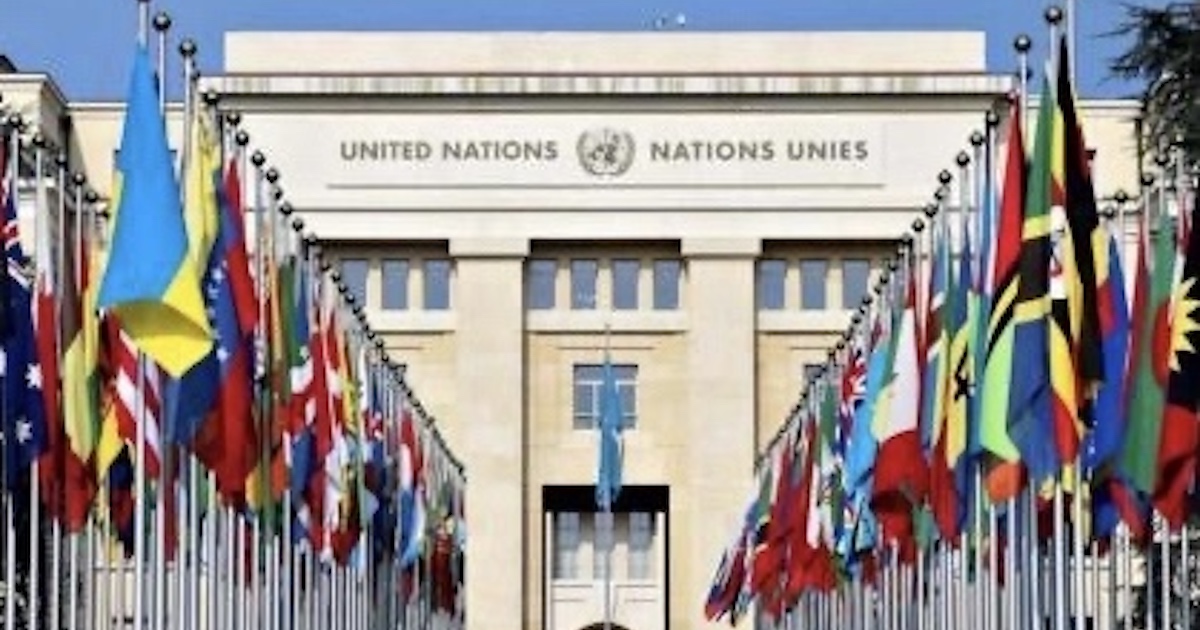
- This event has passed.
Seizing Power: Occupation, Torture, and Nuclear Safety Breaches at the Zaporizhzhia Nuclear Power Plant
October 1, 2025 - 11:30 - 12:30

A Side Event to the 60th Session of the UN Human Rights Council on Corporate Complicity, War Crimes, and Risks of Nuclear Catastrophe
- Date & Time: Wednesday 1 October 11:30 – 12:30 CET
- Venue: Conference Room V, Palais des Nations, United Nations, Geneva
- Live streaming on Facebook: https://fb.me/e/3PezYb3Zi
- Organized by: No Peace Without Justice, Truth Hounds
- Co-sponsored by: Permanent Missions to the UN Geneva of Liechtenstein, Ukraine, Poland, Croatia, Czechia, Denmark, Estonia, Finland, Ireland, Lithuania, Latvia, Montenegro, The Netherlands, Slovenia
The event will feature a dynamic panel presentation, combining expert testimony from Truth Hounds investigators, legal analysis, and first-hand accounts from affected community representatives. The format is designed to facilitate a substantive and interactive discussion among
delegations, civil society, and the media, moving beyond a simple briefing to a collaborative strategy
session.
At this side event, Truth Hounds experts will present the findings of their comprehensive report, highlighting the interconnection of systematic human rights abuses and nuclear safety breaches, while addressing key pathways for achieving accountability and actively preventing these crimes from continuing and offering recommendations on how to address the situation.
Background
Russia’s military seizure of the Zaporizhzhia Nuclear Power Plant (ZNPP) in March 2022 represents the first instance in history of an active nuclear facility under military occupation.
The situation raises four interrelated concerns:
1. Widespread and systematic arbitrary detention, torture, and persecution of civilians and ZNPP staff constitute war crimes and crimes against humanity under the Rome Statute.
2. Rosatom’s dual role, coupled with the Russian state’s control over it, underscores unmatched issues of corporate complicity and state responsibility for facilitating occupation policies that violate international law.
3. Coercion of nuclear personnel severed regulatory oversight, and militarization of the plant critically undermine operational safety, creating a transboundary nuclear risk.
4. Permitting the militarization of a nuclear facility sets a precedent for future conflicts, threatening the stability of international peace and security and the integrity of the global nuclear safety regime.
Urgent international action is required, including through independent monitoring, to prevent a humanitarian catastrophe and a dangerous precedent that threatens the stability of international peace and security and the integrity of the global nuclear safety regime.
This multi-dimensional crisis demands coordinated diplomatic, legal, and operational responses to protect civilians, restore nuclear safety, and uphold international law.
